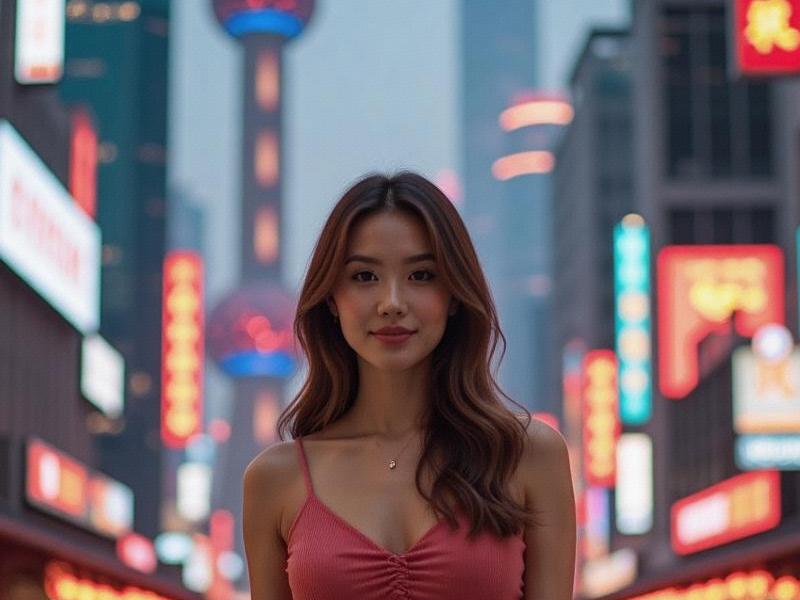
The glow from Huangpu District's newest entertainment complex - "Cloud Nine" - illuminates Shanghai's evolving nightlife landscape. Unlike traditional KTV parlors, this 12-story vertical leisure destination combines holographic karaoke lounges, VR gaming arenas, tea ceremony parlors, and rooftop jazz bars - representing the city's shift toward integrated experiential entertainment.
Industry Overview (2025):
- 38% decrease in traditional KTV venues since 2020
- 214% growth in "entertainment complexes" offering multiple activities
- 72% of new venues incorporate cultural elements (calligraphy, opera, etc.)
- Average customer age: 34 (up from 26 in 2015)
- 63% of patrons are local professionals (versus 85% tourists in 2010)
爱上海最新论坛 "Shanghai's entertainment sector is undergoing a quiet revolution," says hospitality analyst Michael Chen. "The new model combines leisure, culture, and business networking in alcohol-moderated environments that appeal to mature professionals."
Three Transformative Trends:
1. The Cultural Infusion
- Traditional tea houses now feature live jazz performances
上海花千坊爱上海 - Digital art galleries with interactive installations
- 47% of venues host regular cultural workshops
2. The Wellness Shift
- Sober cocktail bars serving adaptogenic drinks
- Silent disco yoga sessions in former nightclubs
- 32% of establishments have implemented "wellness menus"
上海私人品茶 3. The Technology Integration
- Facial recognition for personalized service
- AR-enhanced private rooms that transform decor themes
- 68% of high-end venues use AI concierge systems
As Shanghai's entertainment industry matures alongside its increasingly sophisticated population, the city's nightlife map reveals fewer neon-lit nightclubs and more multifaceted cultural spaces where business deals get sealed over artisanal tea cocktails rather than baijiu shots - signaling a fundamental reimagining of urban leisure.
